Death Cafes: where people talk mortality over tea and cake
The meet-ups are intended to offer a judgement-free and respectful space to discuss the end of life
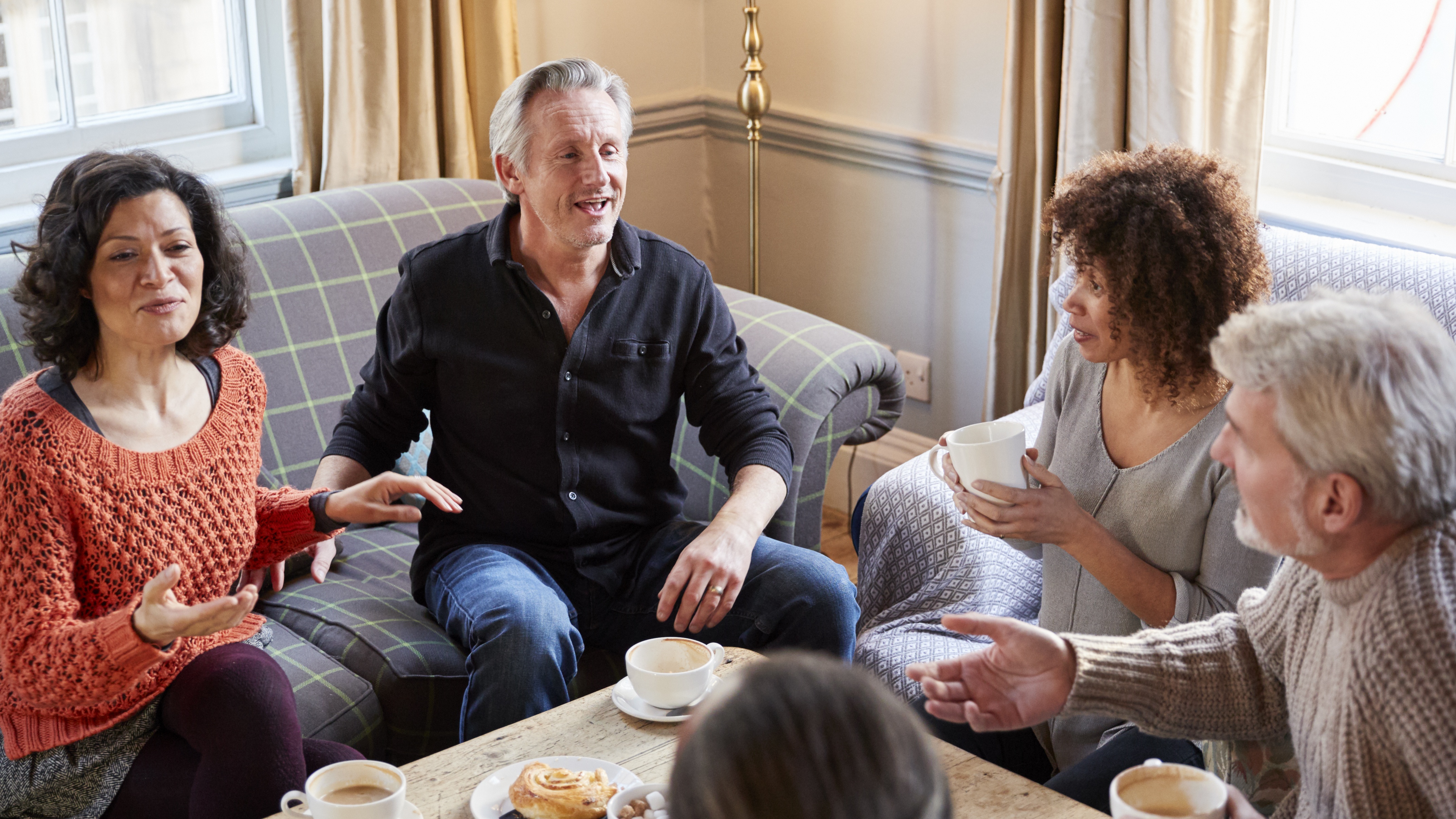
A free daily email with the biggest news stories of the day – and the best features from TheWeek.com
You are now subscribed
Your newsletter sign-up was successful
Once a month, in countries from Afghanistan to Zimbabwe, people are gathering to eat cake and talk about the typically taboo topic of death.
At Death Cafes, said Emma Freud in The Times, people with a range of interests in the subject come together to discuss "the end of life experience in any of its forms", in what is widely viewed as part of the "death positive" movement.
The background
Death Cafes were founded by Jon Underwood and his mother, Sue Barsky Reid, a psychotherapist. They were inspired by the work of Swiss sociologist Bernard Crettaz, who had developed a project called Café Mortel, where people would gather to talk about death.
The Week
Escape your echo chamber. Get the facts behind the news, plus analysis from multiple perspectives.

Sign up for The Week's Free Newsletters
From our morning news briefing to a weekly Good News Newsletter, get the best of The Week delivered directly to your inbox.
From our morning news briefing to a weekly Good News Newsletter, get the best of The Week delivered directly to your inbox.
The first Death Cafe in the UK was held at Underwood's home in Hackney, east London, in September 2011. It was a "wonderful occasion", said the Death Cafe website, and more were then held in places including "funky cafes, people's houses, cemeteries, a yurt and the Royal Festival Hall".
The four rules are that Death Cafes are offered on a not-for-profit basis; in an accessible, respectful and confidential space; with no intention of leading people to any conclusion, product or course of action; and that cake is offered. The gatherings are a "discussion group rather than a grief support or counselling session", said the website.
Death Cafes spread nationally and internationally, with the first overseas version held in Columbus, Ohio, in 2012. There have now been more than 18,000 groups worldwide, but "they seem to be most prevalent in countries where people are uptight about the subject" and "hence we have more than 3,400 in the UK", said Freud.
Underwood died suddenly in June 2017, at the age of 44, and Death Cafe is now run by his mother and his sister, Jools Barsky.
A free daily email with the biggest news stories of the day – and the best features from TheWeek.com
The latest
Visiting a Death Cafe in London, Freud found "there were no formal objectives" or "grief counselling", but there was "tea and, naturally, cake – that great lubricant of awkwardness". The discussion was "riveting" and free of "small talk". A woman with terminal cancer spoke and "because we were strangers, her words had no consequences she would need to deal with, and that seemed to set her free".
After joining a Death Cafe in Willesden, northwest London, Gaby Wine wrote in The Jewish Chronicle that it was "heart-warming" that "while not everyone agrees with one another, everyone shows great respect". Despite the subject matter, she had a "surprisingly jolly chat".
Attendees will "seamlessly switch" between "sombrely discussing subjects like the difference between suicide and medical aid-in-dying" to "joking about the sayings they'd want written on their tombstones", said The Huntington News.
The gatherings are seen as a sign of the rise of the "death positive" movement, which "seeks to normalize the recognition and embrace of the ultimate elephant in the room", said Steffie Nelson on TruthDig. The term "death positive" originated with Los Angeles undertaker Caitlin Doughty, who in 2011 founded The Order of the Good Death, advocating for funeral industry reform and more openness around death and dying.
The reaction
A newcomer to her area, Freud "learnt more about the soul of my neighbourhood in those two hours than I had in the previous two months". There was "joy" in the "deep connection with a hall full of strangers", the "licence to show vulnerability without judgment" and "the privilege of being granted access to the most tender and unprotected place in the hearts of my neighbours".
During the Victorian era people hired professional mourners to "weep" at burial sites and funerals and help attendees "feel safe enough to do the same", said Anna Wolfe on Huck. And "in a way" Death Cafes provide "something similar".
Meanwhile, if you want to find or even host one, check the organisation's website. It's easy to set one up, wrote Wolfe. "All you need is a set of Death Cafe guidelines, a venue and the ability to bake or buy a pack of Mr Kipling's."
Chas Newkey-Burden has been part of The Week Digital team for more than a decade and a journalist for 25 years, starting out on the irreverent football weekly 90 Minutes, before moving to lifestyle magazines Loaded and Attitude. He was a columnist for The Big Issue and landed a world exclusive with David Beckham that became the weekly magazine’s bestselling issue. He now writes regularly for The Guardian, The Telegraph, The Independent, Metro, FourFourTwo and the i new site. He is also the author of a number of non-fiction books.
-
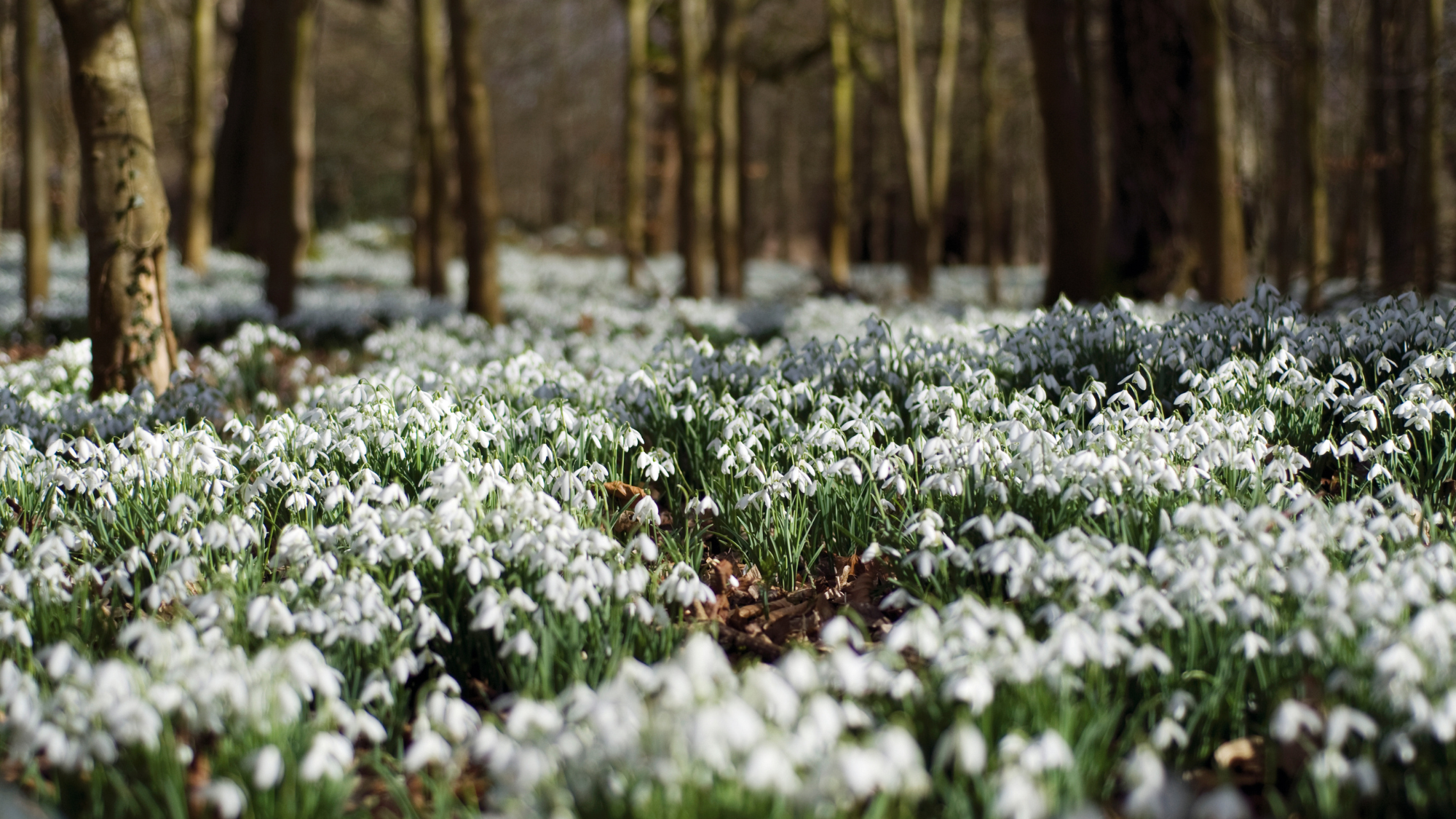 Best places to find snowdrops in the UK
Best places to find snowdrops in the UKThe Week Recommends The snowdrop season is upon us, with ‘blankets’ of the beautiful bloom signalling that spring is on its way
-
 The 8 best superhero movies of all time
The 8 best superhero movies of all timethe week recommends A genre that now dominates studio filmmaking once struggled to get anyone to take it seriously
-
 The plan to wall off the ‘Doomsday’ glacier
The plan to wall off the ‘Doomsday’ glacierUnder the Radar Massive barrier could ‘slow the rate of ice loss’ from Thwaites Glacier, whose total collapse would have devastating consequences
-
 American Psycho: a ‘hypnotic’ adaptation of the Bret Easton Ellis classic
American Psycho: a ‘hypnotic’ adaptation of the Bret Easton Ellis classicThe Week Recommends Rupert Goold’s musical has ‘demonic razzle dazzle’ in spades
-
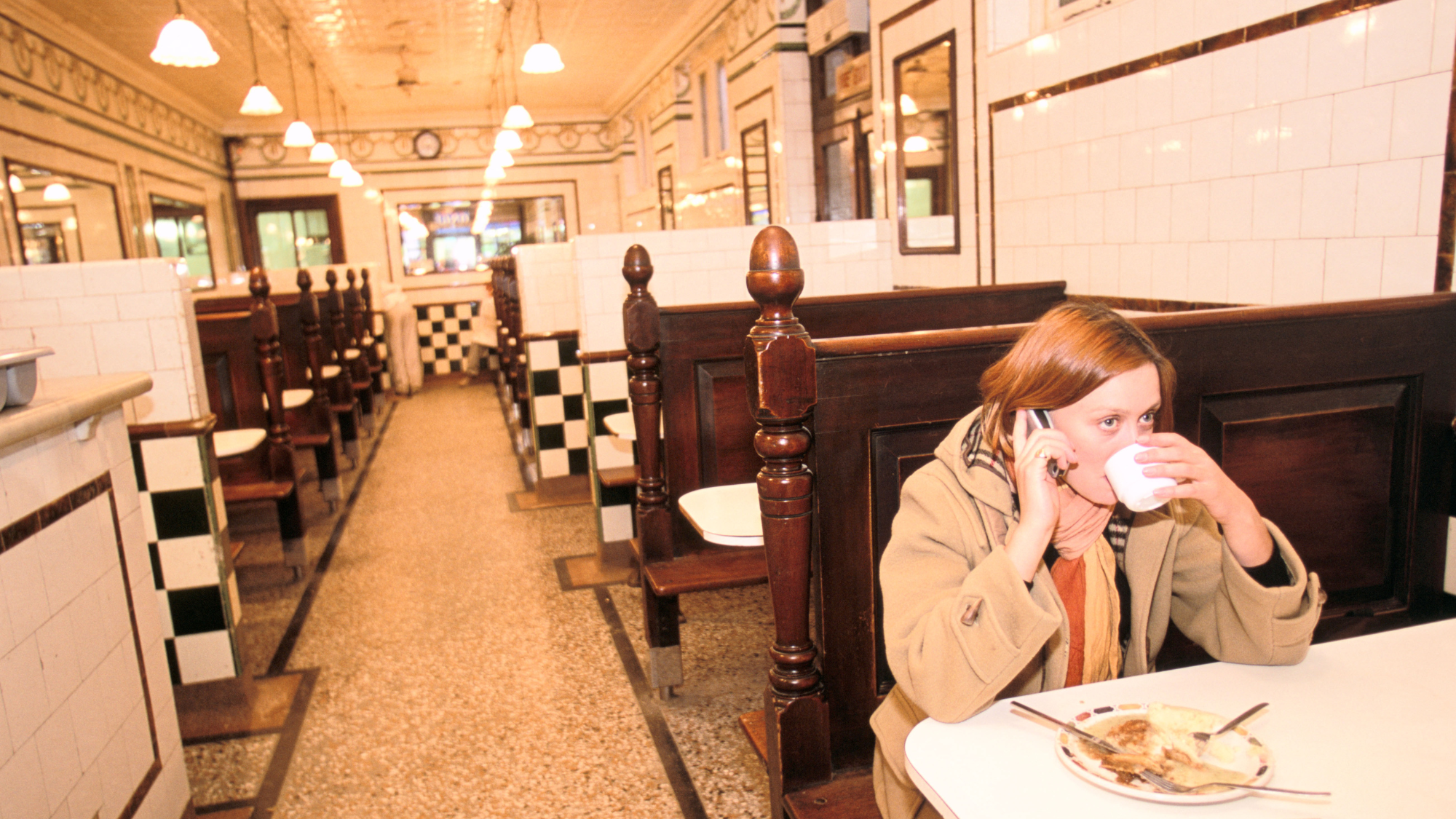 Can London’s pie and mash shops make a comeback?
Can London’s pie and mash shops make a comeback?Under the Radar Traditional East End eateries are on the ‘brink of extinction’ – but a younger generation is giving the Cockney cuisine an unexpected boost
-
 Breaking news: the rise of ‘smash hit’ rage rooms
Breaking news: the rise of ‘smash hit’ rage roomsUnder the Radar Paying to vent your anger on furniture is all the rage but experts are sceptical
-
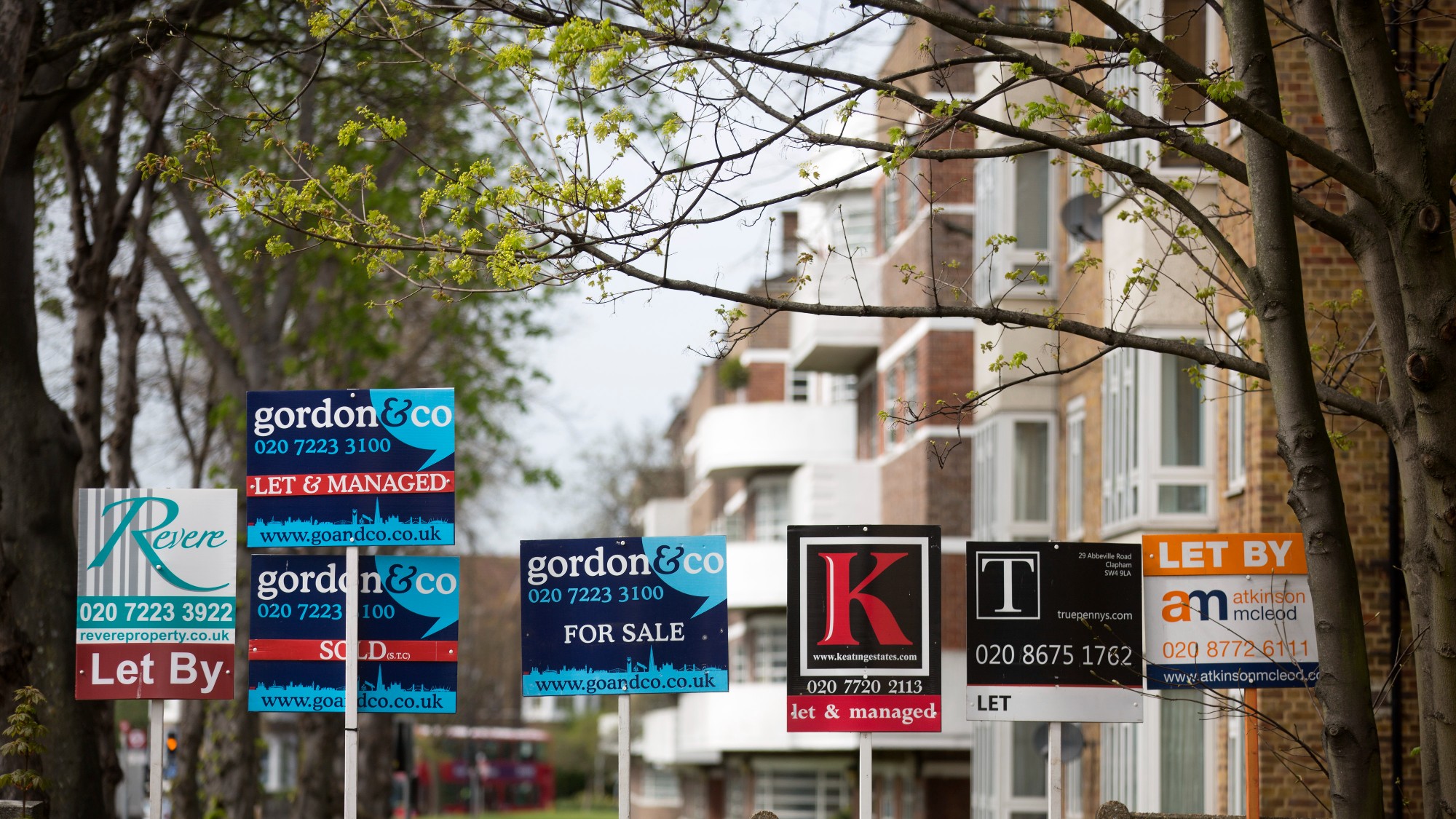 Why is London’s property market slumping?
Why is London’s property market slumping?Today's Big Question Some sellers have reported losses of hundreds of thousands of pounds
-
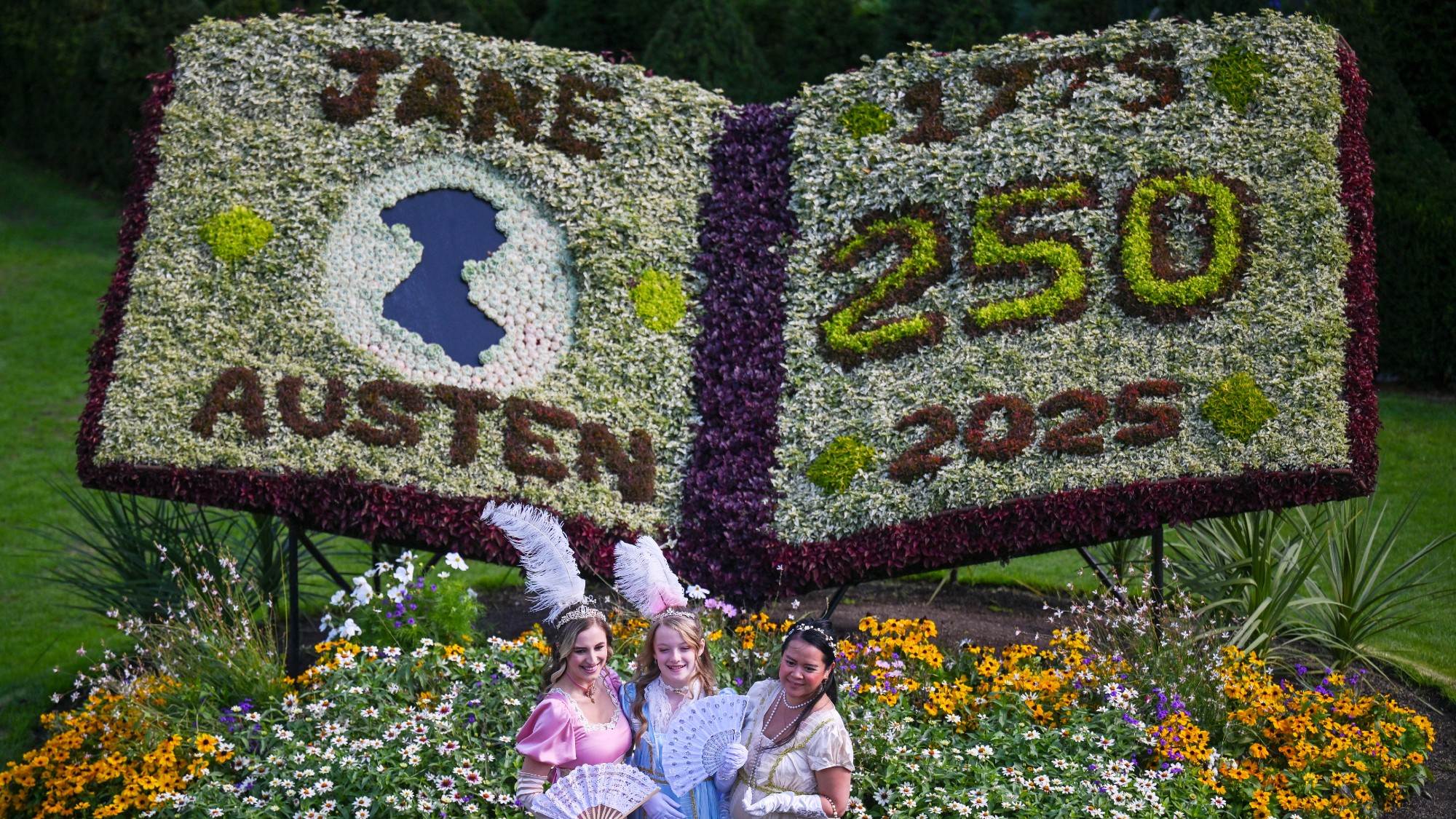 Jane Austen lives on at these timeless hotels
Jane Austen lives on at these timeless hotelsThe Week Recommends Here’s where to celebrate the writing legend’s 250th birthday
-
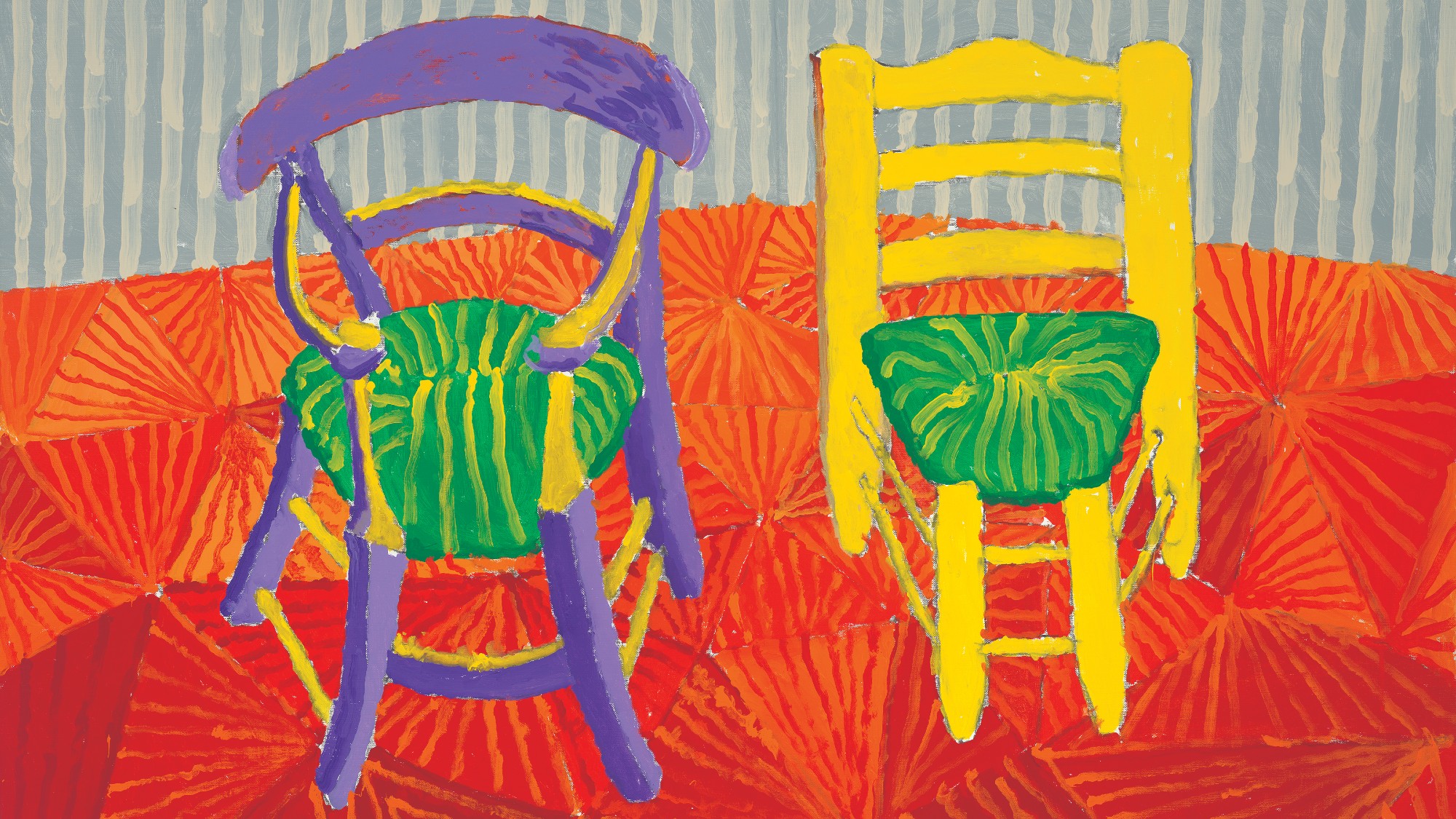 David Hockney at Annely Juda: an ‘eye-popping’ exhibition
David Hockney at Annely Juda: an ‘eye-popping’ exhibitionThe Week Recommends ‘Some Very, Very, Very New Paintings Not Yet Shown in Paris’ testifies to the artist’s ‘extraordinary vitality’ and ‘childlike curiosity’
-
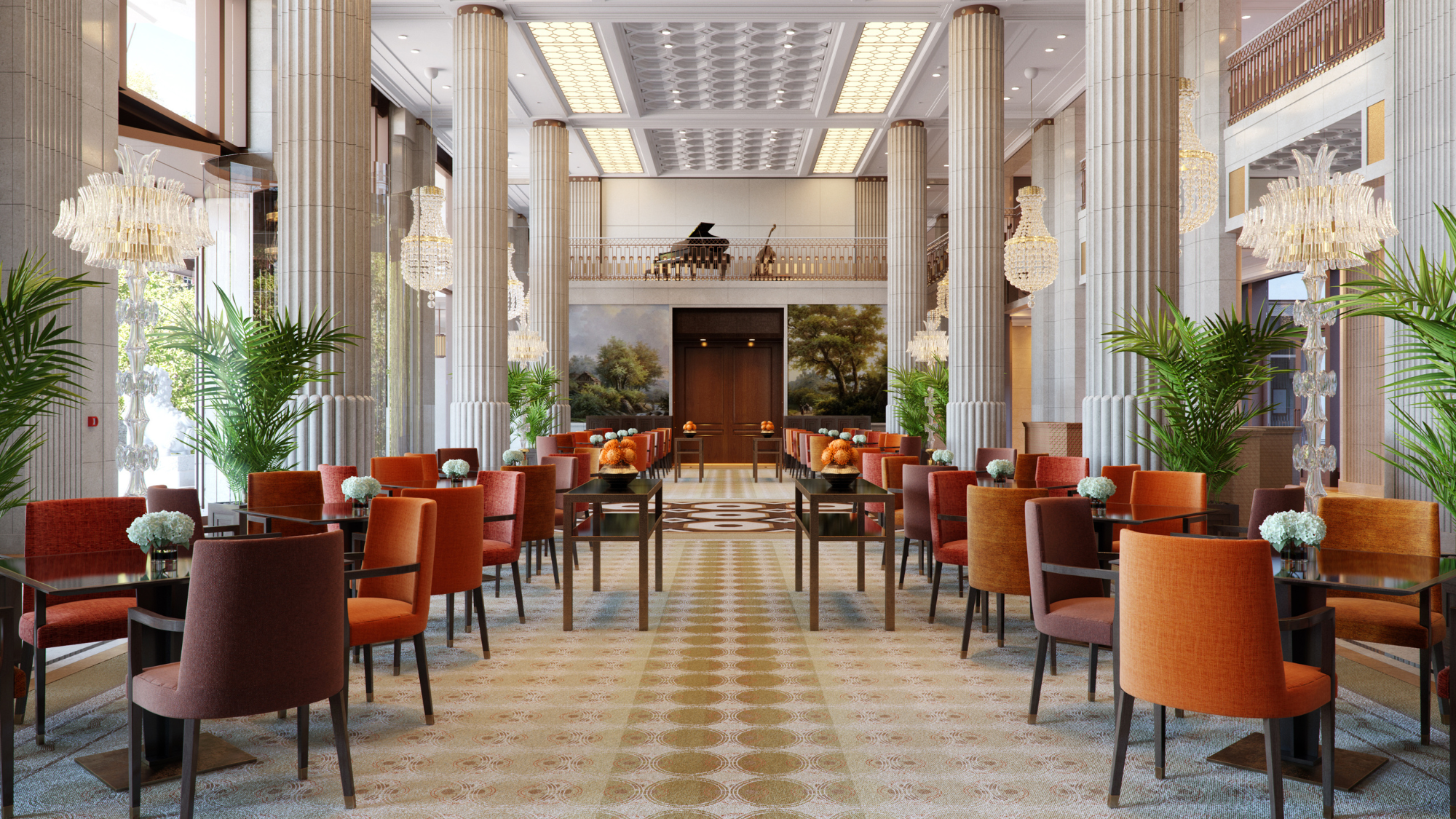 The Peninsula: London’s first billion-pound hotel
The Peninsula: London’s first billion-pound hotelThe Week Recommends As the capital’s super-luxury hotel scene continues to expand, the respected brand is still setting the standard
-
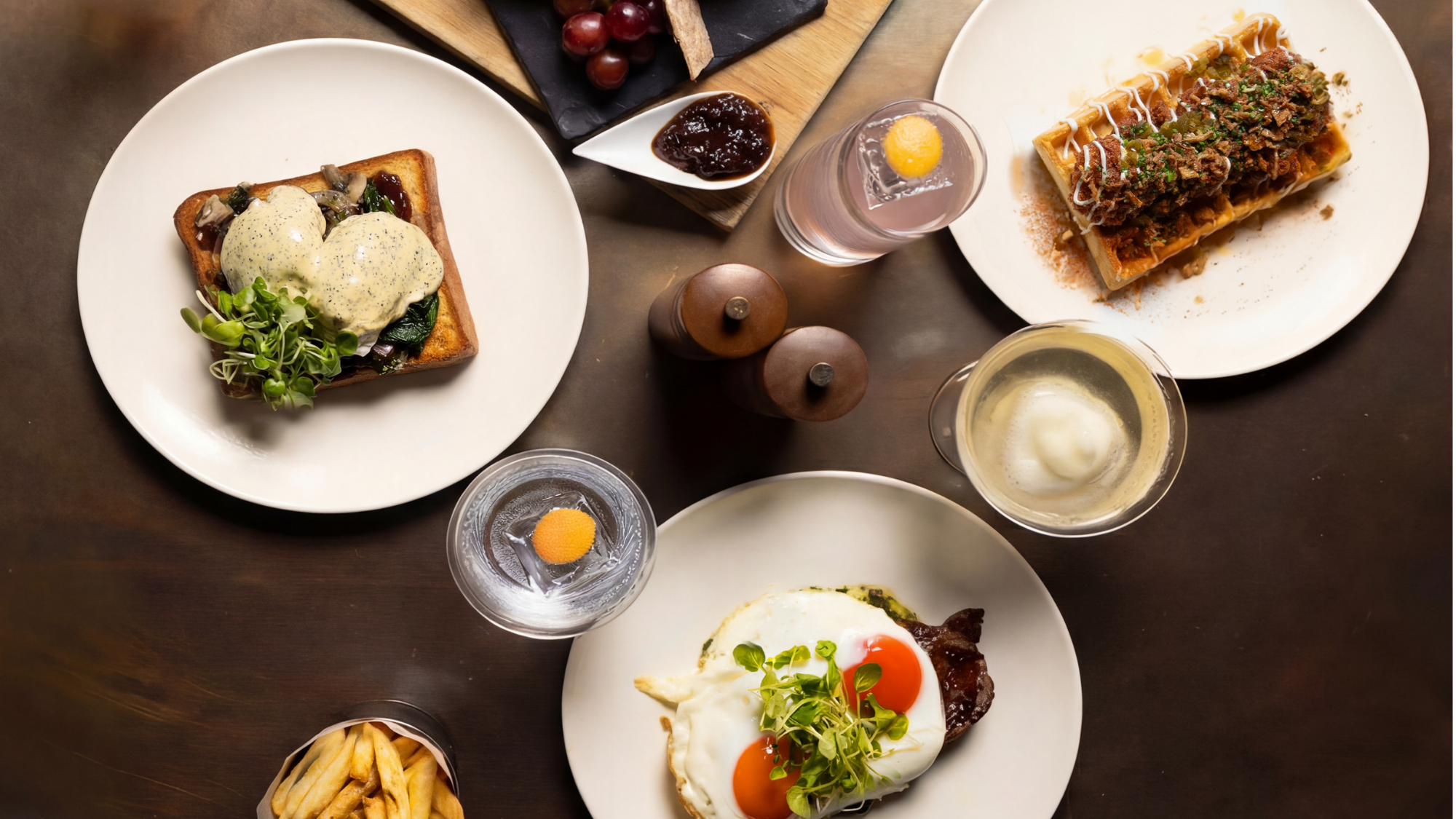 London’s best breakfasts and brunches
London’s best breakfasts and brunchesThe Week Recommends However you like your eggs in the morning, these memorable restaurants have you covered